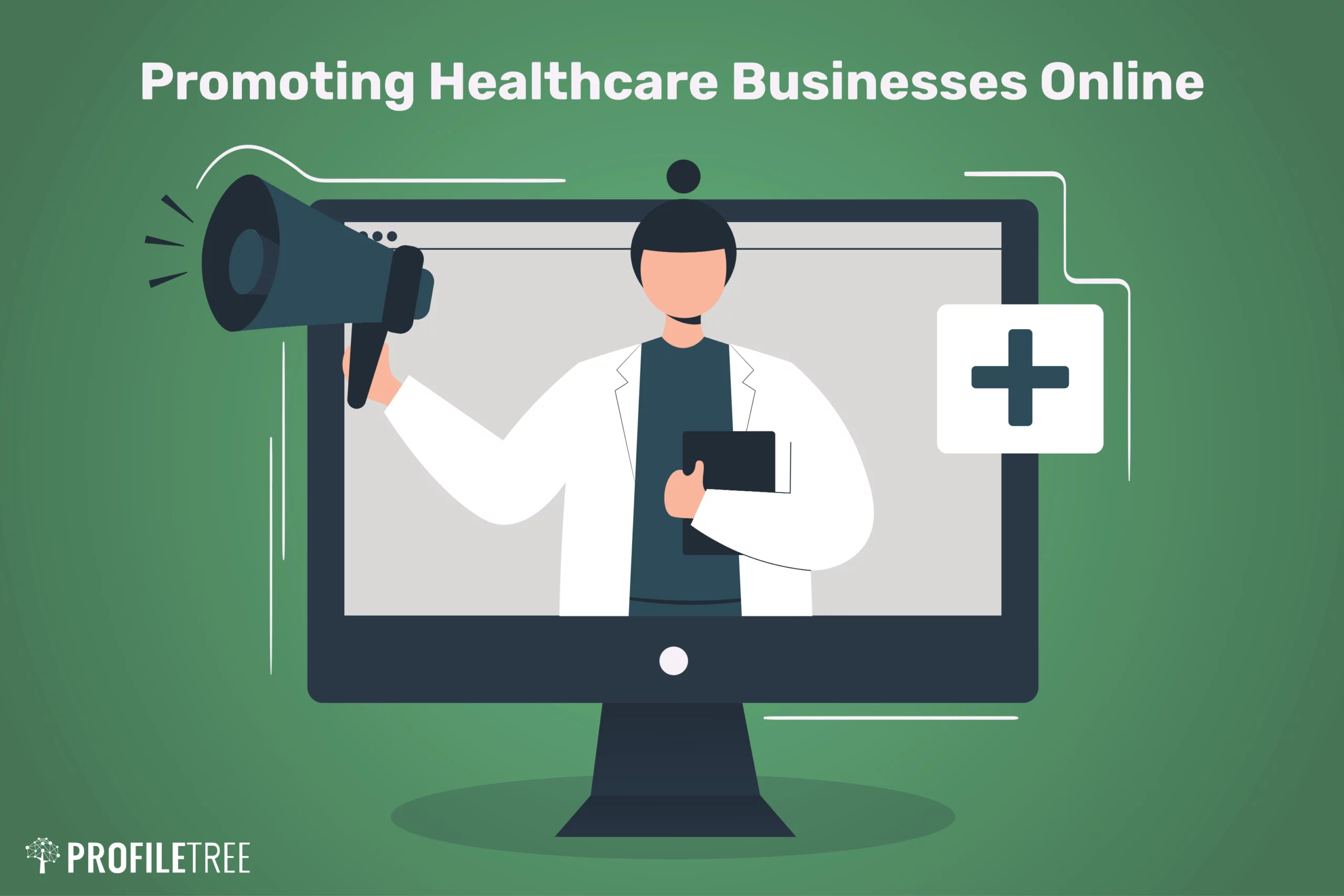A Comprehensive Guide to Subscription Based Healthcare: What You Required to Know
A Comprehensive Guide to Subscription Based Healthcare: What You Required to Know
Blog Article
Browsing the Future of Medicine With Subscription-Based Healthcare Provider
As the medical care industry advances, subscription-based solutions become an essential model guaranteeing to improve patient treatment distribution. With the prospective to supply structured, economical options with predictable prices and customized focus, these solutions stand at the leading edge of contemporary clinical innovation. Yet, as we consider their rise, one should contemplate the implications of integrating such systems into existing health care frameworks. What obstacles do they position in regards to information protection and fair accessibility, and exactly how might they redefine the patient-provider partnership? The response to these concerns could fundamentally modify our strategy to health care.
Increase of Subscription Health Care
As health care systems worldwide face boosting pressures from rising expenses and need for services, the arrival of subscription-based medical care models has actually become a transformative fad. This ingenious method is interrupting typical healthcare distribution by using a foreseeable, flat-rate repayment structure for medical solutions. Rooted in the principles of attendant medication, subscription-based health care permits carriers to concentrate on tailored patient care while at the same time managing operational efficiencies.
The increasing consumer demand for transparency and predictability in healthcare expenses has actually driven the change towards this model. Subscription-based solutions typically offer straight access to medical care professionals, which can reduce the management concerns linked with insurance claims and compensations.
This version is getting grip among varied medical care service providers, from key treatment doctors to specialized facilities, by straightening financial incentives with preventative and constant treatment. By moving the focus from volume to value-based treatment, subscription healthcare has the possible to reshape the landscape, promoting a more patient-centered and sustainable approach to wellness administration.
Advantages for Patients

In addition, subscription-based solutions often stress precautionary care, encouraging regular examinations and health screenings. This positive strategy can result in very early discovery of wellness issues, possibly enhancing outcomes and minimizing lasting medical care expenses for people. Such models typically supply transparent prices, allowing people to much better recognize their health care costs and avoid unforeseen clinical expenses.
The personalized nature of subscription-based healthcare additionally improves client experience. Individuals can obtain customized health care strategies that suit their certain needs, promoting a much more patient-centric approach.
Innovation's Role in Makeover

Expert system (AI) plays an essential role in anticipating analytics, aiding in pop over here early medical diagnosis and customized therapy plans. AI algorithms analyze large datasets to determine patterns that could be neglected by human monitoring, thus boosting clinical decision-making. Additionally, electronic health and wellness documents (EHRs) improve client info monitoring, making sure connection and comprehensibility of treatment across various solutions and service providers.
Blockchain innovation enhances data security and privacy, essential for preserving individual rely on electronic platforms. It makes it possible for clear and safe and secure transactions of medical data, ensuring that sensitive info remains protected. With the combination of artificial intelligence and AI, blockchain can automate intricate medical care procedures, reducing administrative problems.
Factors To Consider and obstacles
While technology pushes the capabilities of subscription-based healthcare solutions, it additionally presents a set of obstacles and considerations that have to be resolved to make certain effective execution. One substantial difficulty is the equitable accessibility of these solutions.
Data privacy and safety stand for another critical factor to consider. Subscription-based solutions often involve the collection and storage space of vast amounts of individual health details. Providers should adhere to strict information security guidelines to keep client trust fund and avoid unauthorized gain access to, which could lead to significant ethical and lawful consequences.
As medical care requires evolve, keeping an affordable equilibrium between registration fees and solution top quality is crucial to stop client discontentment and attrition. Dealing with these difficulties is essential as subscription-based health care solutions continue to evolve and increase.
Future Effects for Medication
Subscription-based healthcare services are poised to substantially affect the future landscape of medication by improving just how care is accessed and delivered. These designs use the potential to equalize health care gain access his comment is here to, supplying patients with more individualized and prompt interventions. By leveraging technology, such as telemedicine and data analytics, registration solutions can assist in continuous surveillance and customized health and wellness monitoring, thus boosting end results and lowering the burden on traditional medical care systems.
As these solutions gain traction, they can stimulate a change in the direction of preventative care, emphasizing the significance of early detection and management of persistent problems. This proactive method may inevitably lower healthcare costs by mitigating the demand for costly treatments developing from late-stage condition management. Membership versions supply a scalable remedy to deal with differences in health care gain access to, particularly in country or underserved populaces.
Nonetheless, the transition in the direction of subscription-based models demands resolving honest and governing considerations, including data privacy and equitable accessibility. As the industry progresses, collective efforts between policymakers, technology designers, and health care service providers will be crucial to establishing robust frameworks that protect individual rate of interests while promoting development. Ultimately, these services promise to add dramatically to a much more efficient, patient-centered medical care community.

Verdict
Subscription-based healthcare solutions stand for a substantial advancement in the clinical area, using predictable costs and personalized treatment that enhance accessibility and prioritize preventative steps. As the medical care landscape advances, membership designs are positioned to play a crucial duty in forming the future of medicine.
As the health care sector advances, subscription-based solutions emerge as a critical design guaranteeing to Check This Out reshape person treatment distribution.As medical care systems around the world face raising pressures from increasing prices and demand for solutions, the introduction of subscription-based medical care designs has actually emerged as a transformative fad (subscription based healthcare).With the increase of subscription-based medical care versions improving traditional health care distribution, people are beginning to experience substantial advantages from this innovative method. As health care needs develop, preserving a cost-effective balance between registration charges and service high quality is essential to avoid individual dissatisfaction and attrition.Subscription-based healthcare solutions are positioned to considerably affect the future landscape of medication by improving just how treatment is accessed and provided
Report this page